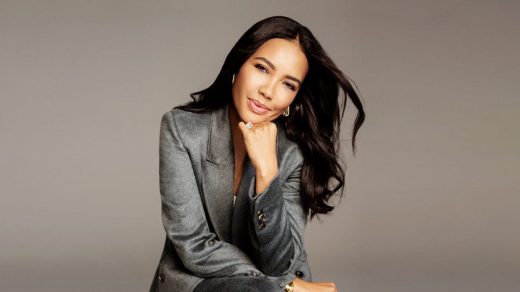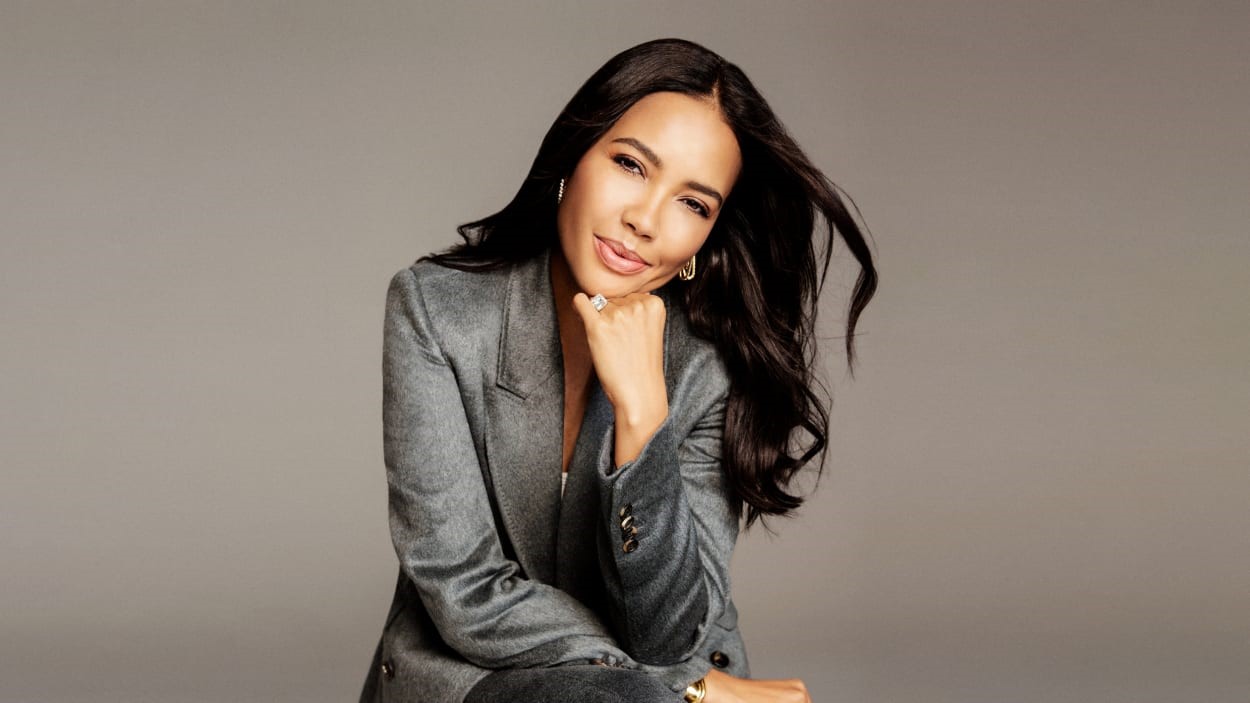How Emma Grede became the Kardashian whisperer
By Yasmin Gagne
Over the past few years, the Kardashian family has evolved from a group of reality TV stars to a family of moguls. To create their businesses, many of them have turned to Emma Grede for help. London-born Grede cofounded denim company Good American with Khloé Kardashian in 2016, natural cleaning product line Safely with Kris Jenner, fashion line Khy with Kylie Jenner, and, of course, shapewear line Skims with Kim Kardashian. (Grede’s husband, Jens Grede, is also a Skims cofounder.)
Grede came on this week’s episode of Fast Company’s Most Innovative Companies podcast to talk about her investment thesis, collaborating with the Kardashians, and working without a college degree. Here are some insights from the conversation, in her own words.
On not going to university
“I left home really young, just as I turned 17. I was born in East London. My mom was a single working mom, and I’m the eldest of four girls. There was never a question of me going to university. I did a lot of work experience placements. I would always make sure I found the person who could explain to me, ‘Why are we doing this? Why does this company operate this way?’ I had a huge thirst for knowledge, but I wasn’t a great student. I found out in my early twenties that I’m severely dyslexic. Maybe my path in education would’ve been different had I been diagnosed.
“When I hire for certain roles, like a CFO, I might want someone with a certain level of education and experience. But in my business, that’s not always the be-all and end-all. Creativity is not something that you can learn. There’s a level of instinct that comes into it. I’m not sniffing my nose at any MBA who wants to come and work for me, but by the same token it’s not something where I’m like, ‘You have to have had this path.’”
On being an operational CEO
“I don’t think about myself as some visionary strategic wizard. I spend an enormous amount of my time really articulating a vision to a team and bringing everybody on a journey. You can only do that really, really well if you’ve got the right people playing in the right positions. To this day, 20% of my time is spent on recruiting—bringing in the people who can make the magic happen and do what I need them to do. It’s about building best-in-class organizations. I think that that’s what I’ve done really well.”
On her investment thesis
“I often think about why anyone would have invested in me in the beginning, and that’s kind of led me to my entire investment thesis. Founders need to be on a mission to do something different and often with a purpose. Being who I am and coming from where I’m coming from, do I see something in that person, that idea, that actually might be missed by a more traditional investor? [Those are] the investments that I’ve seen the best growth in. Maybe because everybody else overlooked what would otherwise be a very obvious opportunity.”
To hear the rest of our conversation and listen to Fast Company deputy digital editor Morgan Clendaniel talk about the end of the Hollywood strike and the current labor moment, listen to Most Innovative Companies.
(21)



